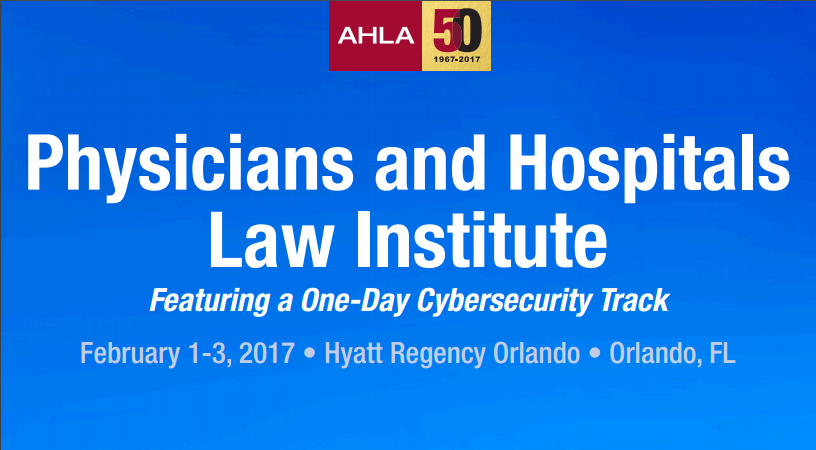Data Security Hygiene Practices for a Healthy Practice
One of the first words that come to mind when I think of medical care is hygiene. Let’s face it, poor hygiene practices in a healthcare provider’s facilities can cause major issues and possible loss of life. Consumers of healthcare services, trust that their provider is taking every precaution possible to protect them from disease or infections that can occur if proper hygiene is not practiced.
Continue reading >












